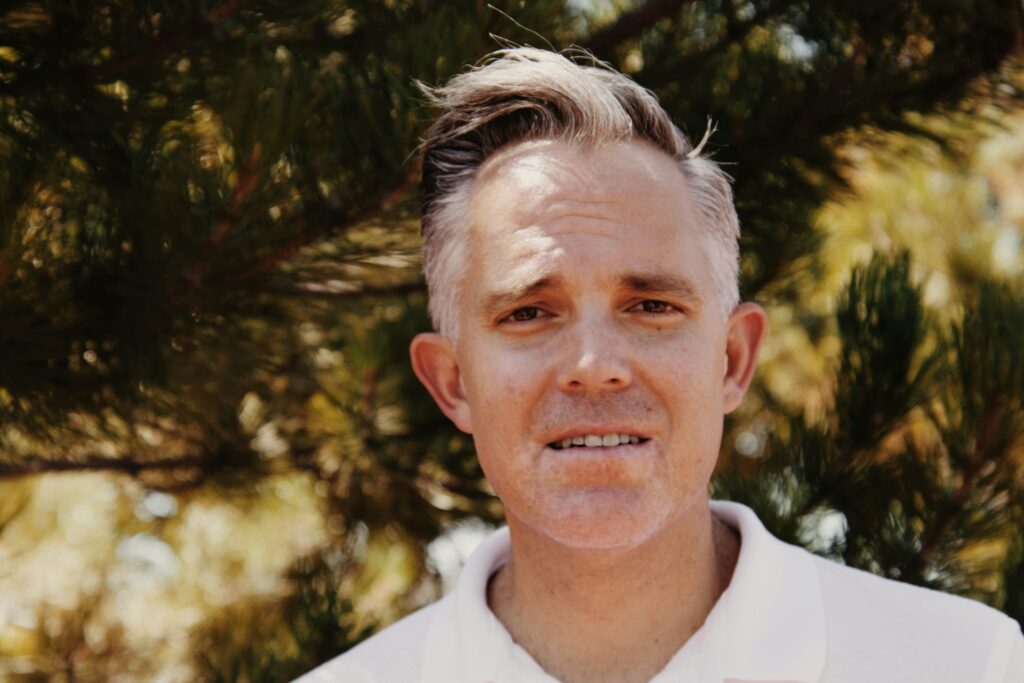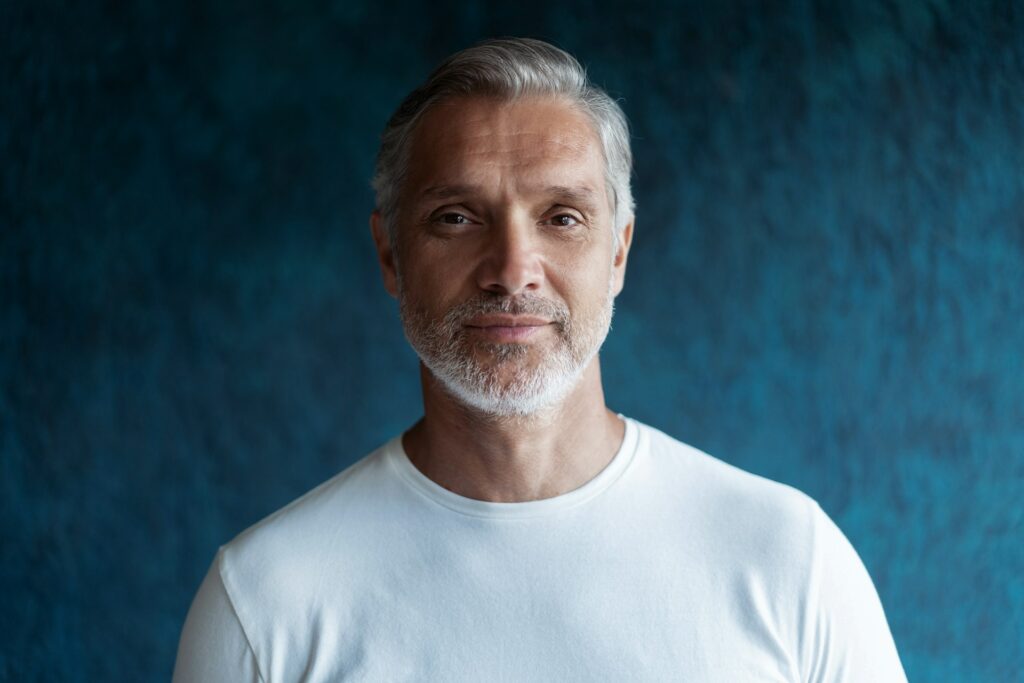A spiritual awakening isn’t always an explosive, life-changing event.

Sometimes, it’s subtler than that—something more subtle and internal. You might not even notice it at first. It might be just a creeping restlessness, a flicker of curiosity, or a growing awareness that the life you’ve built no longer feels like the life you want to live in. After all, it’s not always about becoming someone entirely new. Often, it’s about finally remembering who you were before the world told you who to be.
1. You feel strangely detached from things that used to feel central to who you were.

There’s a soft but persistent distance that starts to grow between you and parts of your life that once felt essential—your career goals, certain friendships, even your usual routines. You may not be sure why, but something about them no longer feels nourishing. They feel like costumes you’ve outgrown, or habits you’ve inherited rather than chosen. This is often the first gentle sign that you’re shifting from performance to presence, even if you can’t yet put that into words.
2. Long-held beliefs start to feel shaky, like they don’t sit right anymore.

You begin questioning things you used to accept without blinking. It could be beliefs about relationships, purpose, success, your body, or even your self-worth. There’s a discomfort that comes with this kind of questioning because it means letting go of frameworks that once gave you certainty. However, it also means you’re beginning to listen to something deeper—something more aligned with your own truth, not just what you were taught or told to believe.
3. You’re no longer satisfied by the surface-level version of life.

The things that used to keep you busy—work deadlines, social media, weekend plans—start to feel a little hollow. You want more meaning, more depth, more realness. This doesn’t mean your life is empty or broken; it means your inner world is asking for something richer. And once that hunger for meaning awakens, it’s hard to go back to living on autopilot.
4. You begin pulling away from noise, both internally and externally.

You might start turning down plans or feeling less drawn to conversations that once felt comfortable. You crave solitude, but not in a lonely way. It’s about needing time to hear yourself think, to process emotions you’ve long avoided, to understand who you are without all the distractions. Stillness becomes a kind of medicine—one you didn’t know you needed until you finally gave yourself permission to slow down.
5. Your emotions feel stronger, but also more honest.

You may notice that you cry more easily, feel triggered by things that never used to affect you, or swing between joy and heaviness more quickly than usual. It can be disorienting, but it’s not a sign that you’re falling apart. It’s a sign that your internal walls are softening. Emotions you pushed aside for years are finally surfacing—not to overwhelm you, but to be seen, felt, and released.
6. Conversations that lack depth start to drain you.

You still care about people, but your tolerance for superficiality begins to fade. Small talk feels forced. You find yourself craving deeper conversations—the kind where people take off their masks and say what they actually mean. This shift isn’t about judging other people. It’s about your nervous system asking for something more nourishing. You’re no longer interested in performances. You’re searching for connection that feels rooted in truth.
7. You start noticing long-standing patterns that you’re finally ready to break.

Maybe it’s the way you abandon yourself to keep the peace, or how you stay quiet to avoid conflict. Or how you always end up chasing people who can’t meet you emotionally. These patterns come into focus, and for the first time, they feel less like fate and more like choices. You see the cost of repeating them, and you realise you’re ready to stop.
8. Nature suddenly feels like one of the few things that makes sense.

You might find yourself taking long walks, noticing the wind, or sitting quietly with the sky. Nature has a way of holding space without asking anything in return. When your inner world is changing, being outside can feel like the only place that matches your energy. It slows you down. Grounds you. Reminds you that you’re part of something bigger, even when you feel uncertain.
9. You feel an unexpected pull toward healing work.

It might be journaling, therapy, breathwork, or spiritual practices you never considered before. It’s not about fixing yourself; it’s about softening into your own becoming. There’s something inside you that wants to be understood, not corrected. The more you follow that pull, the more you realise that healing isn’t about arriving at perfection—it’s about coming back to wholeness.
10. Your body becomes more sensitive to energy, environments, and people.

You start noticing how certain spaces make you anxious, how certain people leave you feeling heavy, or how your energy dips after certain interactions. It might feel new, but this sensitivity has always been there—you’re just finally tuning into it. Spiritual awakenings often come with heightened awareness. It’s not that the world changed overnight. It’s that your awareness of it deepened.
11. You begin listening to your intuition, and it surprises you how accurate it is.

You start getting gut feelings, nudges, inner whispers that gently guide you. At first, it might feel strange to trust this invisible compass. However, as you follow it more often, you notice how much wisdom it carries. Your decisions become less about what makes sense on paper, and more about what brings peace in your body. That’s intuition, and it gets clearer every time you honour it.
12. You feel an understated resistance to going through the motions.

Tasks, conversations, or roles you used to manage without thinking now feel heavier. Not because you’ve become lazy or disconnected—but because your inner world is asking for alignment. You no longer want to do things just because you should. You want your energy to match your actions. That resistance is a sign you’re ready to stop performing and start living with more intention.
13. You realise this isn’t about becoming someone new—it’s about finally coming home to yourself.

There’s no end goal. No perfect version of you waiting at the finish line. The awakening is the process. The peeling back. The remembering. You start shedding the roles you played for approval, the habits you kept to survive, and the narratives that were never really yours. What’s left is calmer, but truer. You stop striving. You start softening. In that softness, you finally feel seen, even if no one else is watching.


